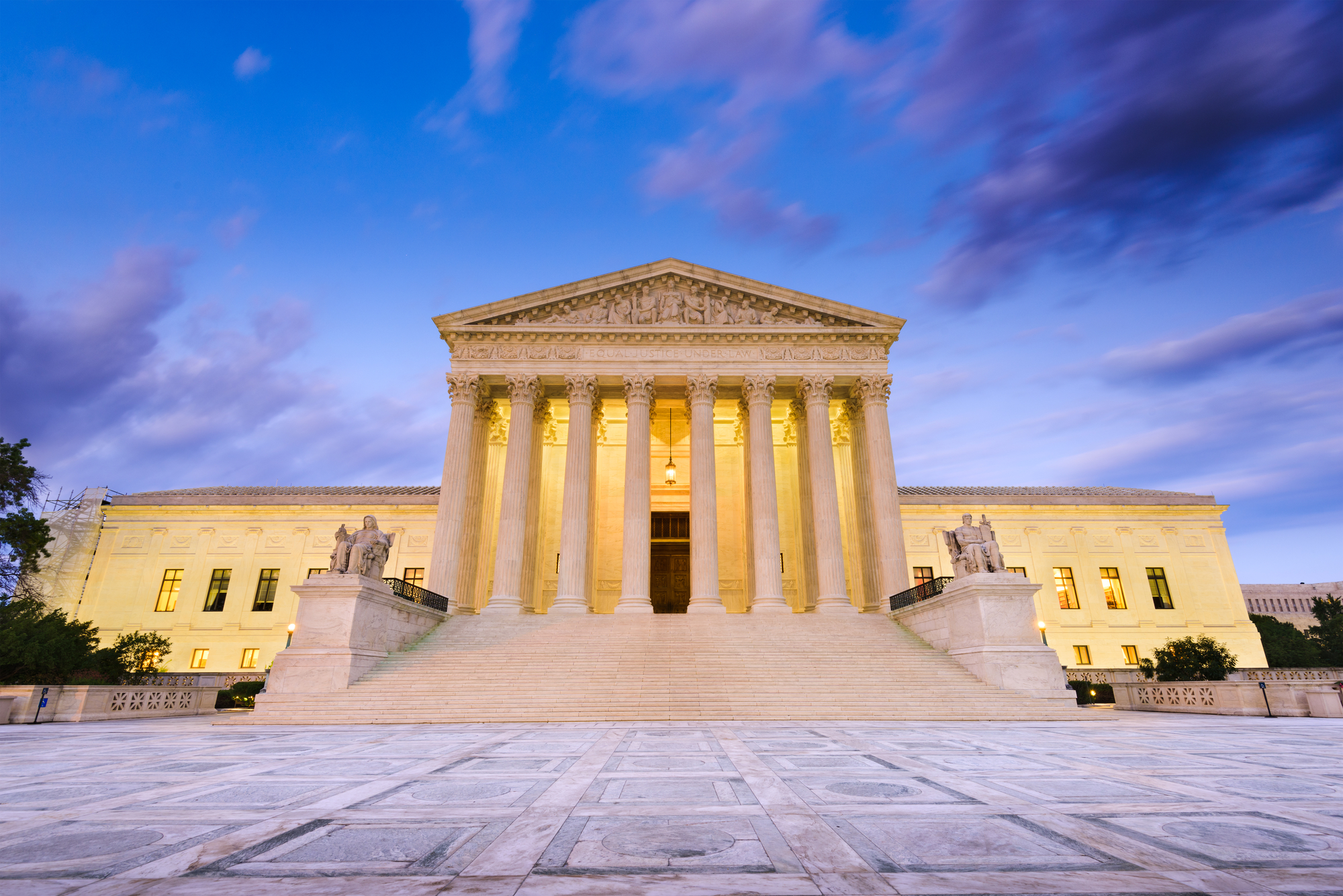Beyond the Bench: Lessons in Fair Hiring and Legal Compliance from The Sheetz v. EEOC Case
Last Updated on March 27, 2025
In April 2024, the U.S. Equal Employment Opportunity Commission (EEOC) filed a lawsuit against Sheetz, Inc., a prominent convenience store chain, alleging that its hiring practices disproportionately excluded Black, Native American/Alaska Native and multiracial job applicants. This case highlights the need for fair hiring and legal compliance practices, and outlines the risks employers face when implementing broad pre-employment screening policies- particularly criminal background checks- without considering their potential discriminatory impact.
In this blog, we will examine the details of the lawsuit, discuss legal compliance requirements for employers, explore the workplace implications of background screening that may flag charges and outline key takeaways to help businesses navigate fair hiring and legal compliance.
Case Overview
According to the EEOC, Sheetz’s uniform policy of screening applicants for criminal convictions disproportionately disqualified minority candidates. Statistics cited in the lawsuit indicate that Black applicants failed the company’s criminal history screening at a rate exceeding 14.5%, while white applicants had a failure rate under 8%. Similarly, American Indian/Alaska Native and multiracial applicants experienced failure rates exceeding 13% and 13.5%, respectively.
The EEOC contends that such practices, even if not intentionally discriminatory, can violate federal law if they result in a disparate impact on protected groups and are not shown to be job-related and consistent with business necessity.
Legal Framework and Compliance
Employers must navigate a complex web of legal obligations when implementing background checks and other pre-employment screenings:
- Fair Credit Reporting Act (FCRA): If utilizing third-party services for background checks, employers must comply with FCRA requirements. This includes notifying applicants, obtaining their consent and providing them with a copy of their rights.
- Ban-the-Box Laws: Many jurisdictions have enacted laws restricting the use of criminal history in hiring decisions, often prohibiting employers from inquiring about criminal records until later stages of the hiring process. Compliance with these laws is crucial to avoid legal repercussions.
- Anti-Discrimination Laws: Under Title VII, employment practices that disproportionately exclude individuals based on race or other protected characteristics are unlawful unless the employer can demonstrate that the practice is job-related and consistent with business necessity.
Assessing Workplace Implications
When considering an applicant’s criminal history, employers should evaluate:
- Job Relevance: Assess whether the nature of the offense is pertinent to the responsibilities of the position. For instance, a conviction for financial fraud may be more relevant for a banking role than for a warehouse position.
- Safety Risks: Determine if the individual’s criminal background poses a potential threat to workplace safety, colleagues, customers, or company assets.
- Regulatory Compliance: Be aware of industry-specific regulations that may mandate certain background check protocols or restrict the employment of individuals with specific convictions.
Key Takeaways for Employers on Fair Hiring and Legal Compliance
- Review Screening Policies: Regularly audit, assess and update background check policies and procedures to ensure they are compliant with current laws and do not inadvertently lead to discriminatory outcomes.
- Individualized Assessments: Rather than imposing blanket bans based on criminal history, consider each applicant’s circumstances, the nature of the offense, the time elapsed since the conviction, and its relevance to the job in question.
- Transparency and Communication: Communicate clearly with applicants about the background check process. Provide them with opportunities to explain their criminal history, and inform them of their rights under the FCRA and other relevant laws.
- Training and Oversight: Ensure that hiring managers and HR personnel are trained on fair hiring practices, legal compliance and the importance of avoiding unconscious biases in the screening process.
MyHRScreens: Navigating Fair Hiring and Legal Compliance with Ease
The Sheetz lawsuit underscores the critical importance of balancing workplace safety and integrity with fair and equitable hiring practices. Employers must diligently design and implement screening procedures that comply with legal standards and promote diversity and inclusion within the workforce. By conducting individualized assessments and staying informed about evolving regulations, companies can mitigate legal risks and foster a more inclusive employment environment.
If your organization needs assistance implementing or managing an employee screening program, or you need insight into how to remain compliant with ever-changing rules and regulations, MyHRScreens is here to help! For more information on MyHRScreens’ screening services, contact us today at 866-899-8970 ext. 118, or klewis@myhrscreens.com. Or, schedule a convenient consultation below:

